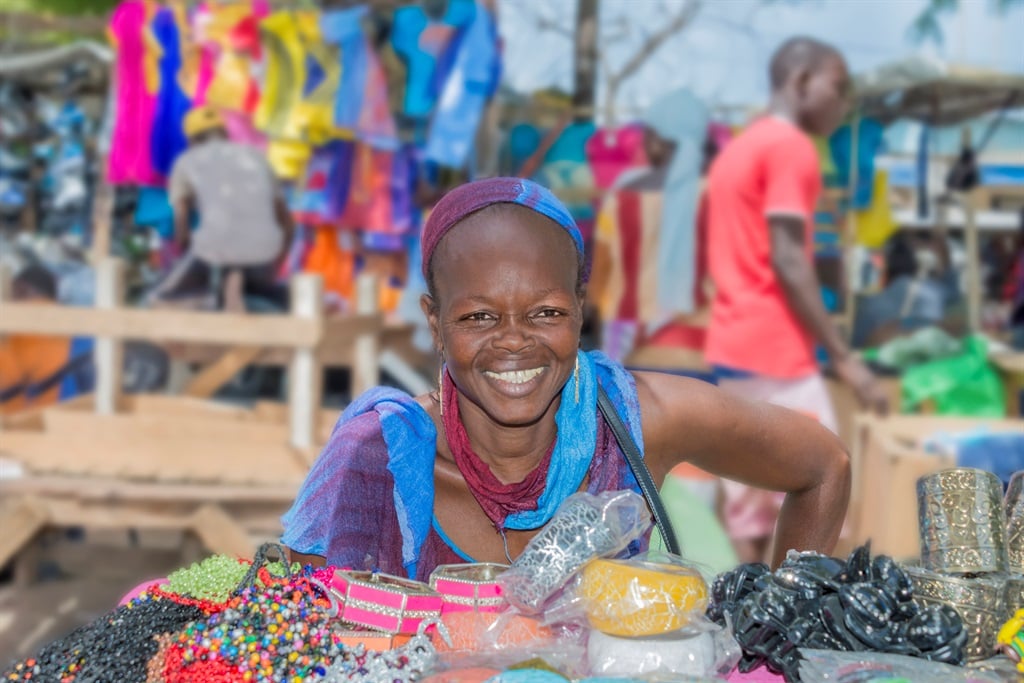
South Africa, like all developing nations, requires entrepreneurship and the proliferation of small and innovative businesses to drive economic growth.
This is no secret in a country that has a national ministry dedicated to small business development. While the term “entrepreneur” may commonly be associated in our minds with those who have cutting edge ideas or the glitz and glamour of owning multiple highly profitable enterprises, the local reality is often rather different. The informal sector of South Africa has been estimated at constituting 18% of GDP. The vast majority of this sector is comprised of micro-enterprises that employ one or a handful of people per business, often on a non-contractual basis.
When it comes to those who are business owners but who operate without many of the formalised aspects of a registered business, we often tend to see the use of patronising euphemisms such as “survivalist” or “base of the pyramid”. In essence these are terms employed to describe those who, by definition, are so economically and educationally disenfranchised that they are forced into running zero growth trajectory micro-enterprises that survive from day to day profits. In turn, there appears to be an associated narrative in articles or discussions implying that the people themselves are somehow lacking in agency, ability, or suffer from some form of learned helplessness. We believe that this is not always the case and would like to challenge some of the aforementioned notions.
The Gibs Entrepreneurship Development Academy recently received grant funding from a US-based global company to assist South African township entrepreneurs across the country in retail-oriented pursuits. The programme itself involves the provision of training and mentorship interventions which aim to help these entrepreneurs grow their businesses. This article is rooted in some of the data that was collected along the way. In particular, self-report data was collected prior to the intervention that provided interesting insights into the minds of South Africa’s “survivalists”. These are business owners who run spaza shops, small butcheries, early childhood development centres, informal hair salons, car washes and other activities. Our initial efforts were rolled out in Tembisa and Kwa-Guqa (eMalahleni), followed by a second programme in Tembisa alongside one in Rustenburg, resulting in assistance to more than 170 business owners.
The average age of the beneficiaries resided at 33, with 43% being female and 100% previously disadvantaged. Only 30% of the beneficiaries had received any form of tertiary education and, furthermore, only 40% had more than three years of experience in running a business. The major motivational drivers for starting their businesses were opportunity identification (23.3%), wanting to make a difference in the community (28.3%), and a desire to make the best use of their skills and experience (36.7%). Another notable finding was that only 30% of all businesses encountered were not formally registered.
1. Being highly resilient;
2. Making many ideas work in the real world;
3. Having many ideas about improving things;
4. Having a future-orientation;
5. Having a desire to be the best at what they do; and
6. Loving the work they do.
So, in sum, if we profiled the average informal trader, who we see on a daily basis around us, that they would consider him/herself to be resilient, creative, ideating about the future, wanting to be their best selves, and loving what they do every day.
An interesting question to reflect on is the following: How many of us in our daily encounters with “survivalist entrepreneurs” assign to them the very attributes they assign to themselves? More importantly though, we live in a country where business development service providers are almost an industry unto themselves. This is due to the recognition of the need for more small businesses from the state and this has resulted in a plethora of private, public, and non-profit entities offering everything from finance and incubation to education, mentorship and more.
But do we always approach the problem of building micro-enterprises with the understanding that the owners of such businesses, like all people, are not merely trapped, non-agentic and helpless victims of the system?
Do we fully understand that, in many cases, these are genuine intrepid entrepreneurs who, while constrained by numerous structural, historical, social, political, and economic conditions, deserve our recognition that they are potentially able to achieve what they see themselves as capable of achieving?
Do we recognise the social and economic benefits of fostering their growth?
We suggest that much could be gained from engaging with the informal sector in a more productive (and respectful) way. The South African business development community, and society at large, would be well-served to approach and deal with this large segment of our community as being holders of great latent economic potential. This is as opposed to perceiving them as mere victims of the broader system and requiring a hand out.
There remains a very plucky and hungry spirit among this segment of business owners and it would be wise for the benefit of our country to embrace and nurture this spirit.
• Sean Smith is Gordon Institute of Business Science senior manager: monitoring, evaluation and research and Dr Kerrin Myres is a senior lecturer at Gibs




 Publications
Publications
 Partners
Partners








